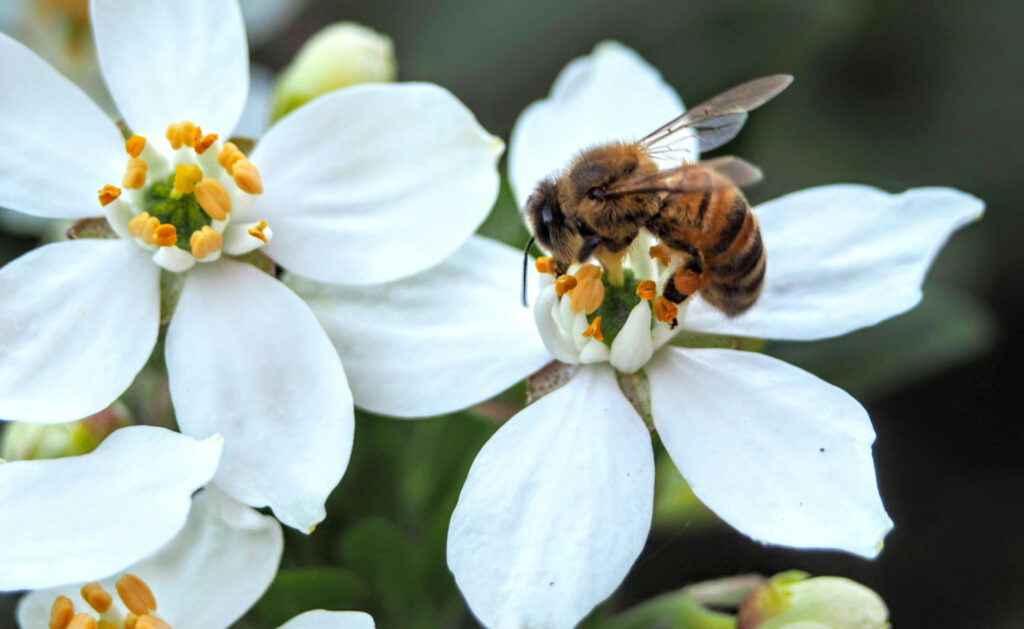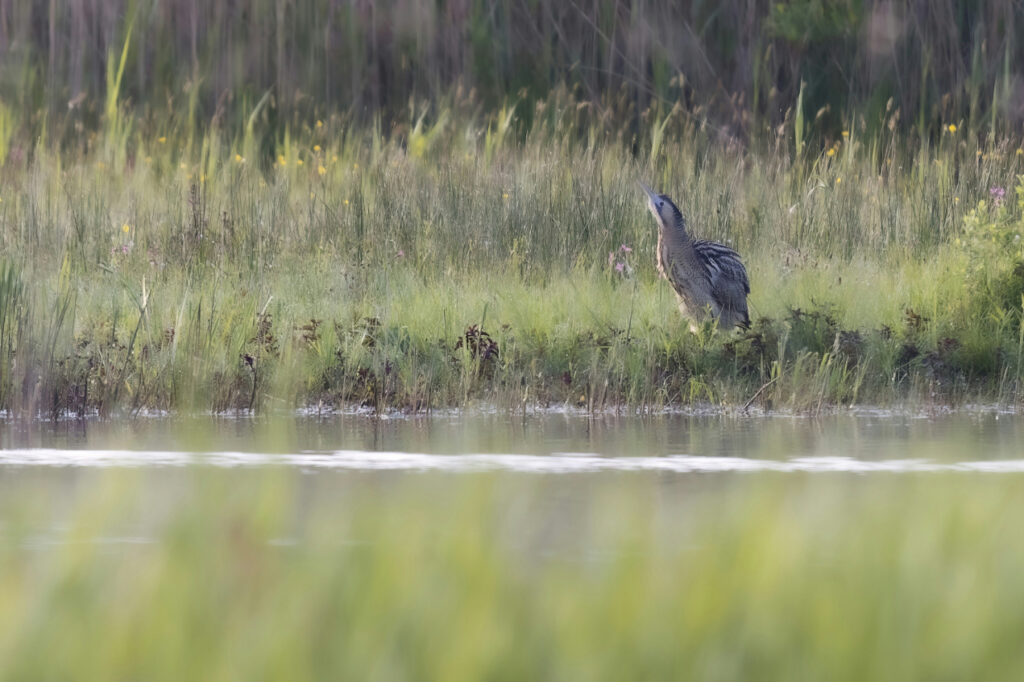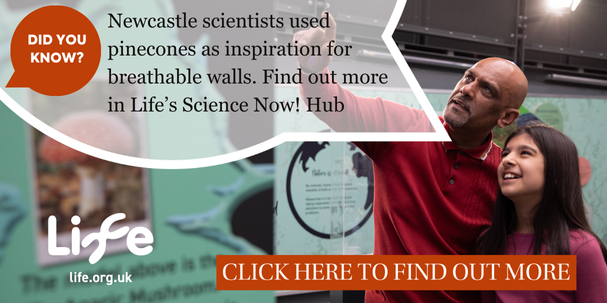
Too little effort is being made to save thousands of the world’s most threatened species, a North East-led study has found.
The work by Durham University has revealed alarming gaps in the implementation of conservation measures, leading to a catastrophic loss of species.
The research shows that most terrestrial plant and animal at risk of extinction from threats like habitat loss, over-exploitation for trade, and invasive species are not receiving the appropriate types of conservation actions needed to protect them.
- Read more: Count to reveal the health of puffin population
- Read more: Campaigners warn education ‘safety valve’ spells danger
“Conservation can and does work, but only if we try. Our findings are so concerning because they highlight that we’re not really trying for most of the species at the greatest risk of extinction,” said Dr Rebecca Senior, an assistant professor in Durham University’s biosciences department who was the lead author of the study.
“If that carries on, there’s little to no hope that these threatened species will recover on their own. That means countries around the world would fail to meet their commitments to stem the tide of biodiversity loss, and that has huge ramifications for both people and the ecosystems on which we depend.”
The study findings suggest that there is a serious mismatch between the biodiversity crisis we are facing and the actions being taken to combat it with insufficient or even no conservation attention for over half of threatened species that were analysed.

The researchers assessed the extent to which 5,963 threatened terrestrial species are benefiting from habitat protection in reserves, regulations on threatened wildlife trade, invasive species control/eradication programmes, and other key conservation measures.
Disturbingly, they found that only nine per cent of species threatened by habitat loss have minimally sufficient areas of their habitat represented within protected areas.
Just 24 per cent of species threatened by invasive alien species like rats, cats and fungal diseases are receiving documented control of those problem species.
We’re talking about a sinking ark where there aren’t enough lifeboats on board and the crew isn’t even sure where those lifeboats are located
Professor David Wilcove
The researchers also point out that birds receive far more conservation attention than other groups like amphibians and plants.
Professor David Wilcove, co-author of the study, said: “It is essential that governments and environmental organisations make a concerted effort to address these deficiencies in conservation attention before it’s too late.
“We’re talking about a sinking ark where there aren’t enough lifeboats on board and the crew isn’t even sure where those lifeboats are located.”

The study results indicate that the crisis is headed towards a catastrophic loss of biodiversity if more and better conservation measures are not put in place soon.
Many threatened species appear to be merely neglected with little to no evidence of direct efforts focussed on recovering their populations.
The researchers are calling on all parties to the Kunming-Montreal Global Biodiversity Framework — an ambitioius plan adopted after COP15 in 2009 for a pathway to reach the global vision of a world living in harmony with nature by 2050 — to greatly accelerate strategic and well-funded conservation programmes to meet agreed upon goals for limiting extinction rates.











